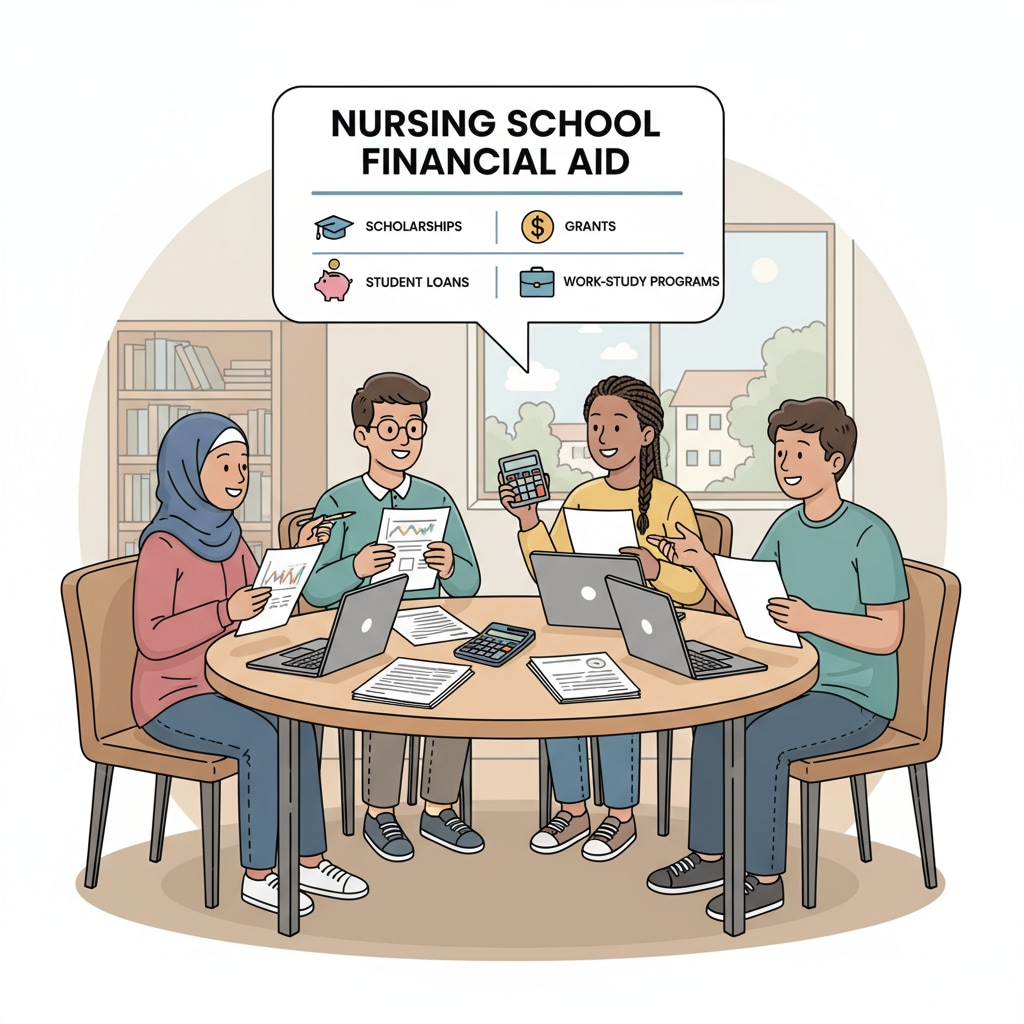For students who have already obtained an associate degree and are eager to pursue nursing prerequisite courses, applying for Federal Student Aid through the Free Application for Federal Student Aid (FAFSA) can be a complex and often frustrating process. The intersection of FAFSA, associate degrees, the nursing profession, and federal aid presents unique challenges that need to be addressed.

The Hurdles in FAFSA Application for Nursing Prerequisites
One of the primary issues is the restrictive nature of FAFSA policies. Many associate degree holders find that the existing regulations do not adequately account for their situation. For example, the determination of financial need might be based on outdated criteria that do not reflect the true cost of nursing prerequisite courses. These courses often require specialized materials, equipment, and sometimes additional training, which can drive up the expenses significantly. As a result, students may not receive sufficient aid to cover these costs.

Impact on Aspiring Nurses
This funding gap has a profound impact on those aiming for a career in nursing. Without adequate financial support, many students are forced to delay or even abandon their plans to complete the necessary prerequisite courses. This not only hinders their personal career growth but also has implications for the nursing workforce shortage. The demand for nurses is constantly rising, and any barriers preventing qualified individuals from entering the field are a concern. For instance, a student with an associate degree in another field who is passionate about nursing may be unable to afford the prerequisite courses, leaving a potential gap in the healthcare system.
Diversified Funding Solutions
However, there are alternative funding options available. Some students turn to private scholarships specifically targeted at nursing students. Organizations and foundations offer these scholarships to support individuals pursuing a nursing career. Additionally, community colleges and some universities may have their own financial aid programs that are more flexible for associate degree holders. Students can also explore part-time work opportunities in the healthcare field, which not only provides income but also valuable hands-on experience. American Nurses Association is a great resource for finding such opportunities.
Policy Recommendations
In addition to individual solutions, there is a need for policy changes. The government should consider revising FAFSA policies to better accommodate associate degree holders seeking to enter the nursing profession. This could involve adjusting the financial need calculation formula to account for the unique costs of nursing prerequisite courses. Moreover, increasing the availability of targeted federal grants for this specific group of students would be beneficial. By doing so, more students would be able to overcome financial barriers and contribute to the much-needed nursing workforce. Official FAFSA Website provides information on how policies can be influenced.
Readability guidance: As seen above, we have used short paragraphs and lists to summarize key points. Each H2 section has relevant details and suggestions. The use of passive语态 has been minimized, and transition words like “however”, “for example”, and “in addition” have been added to enhance the flow of the article.


